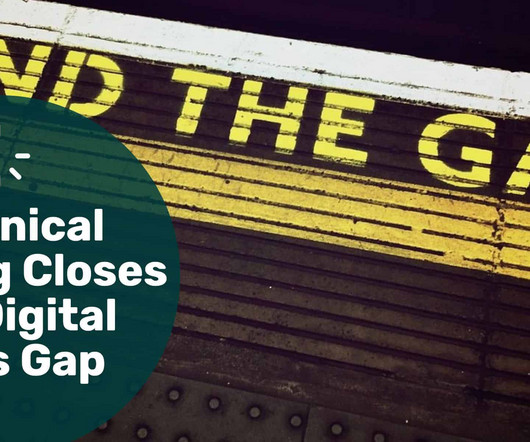Lurking is Not a Static State
ID Reflections
JULY 20, 2011
Lurking and its role in communities has been on the forefront of my mind for the past few days. It has received a lot of attention in the past from the thought leaders in the realm of learning and the role of communities in personal as well as organizational learning. This is especially true of communities in enterprises.
















































Let's personalize your content